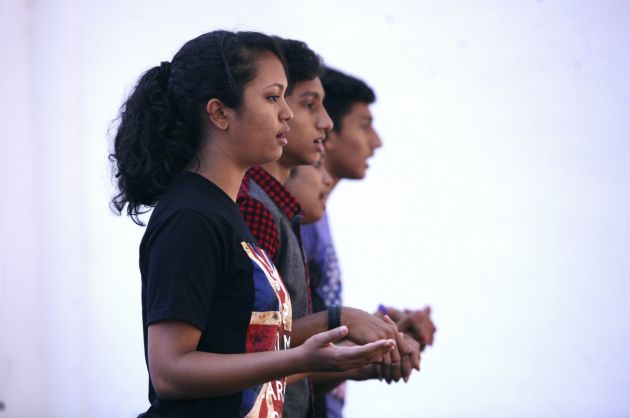Malaysian Christians lash government after supremacist evades prosecution

An ecumenical umbrella organization in Malaysia has denounced the government's decision not to prosecute the founder and president of Malay supremacist group Perkasa over his Bible-burning statements.
The Christian Federation of Malaysia was outraged over Ibrahim Ali's idea that burning the Bible was merely in defense of Islam, describing the government's position as "irresponsible," reported Free Malaysia Today on October 9.
In a statement, the CFM said the government's decision was "giving extremists carte blanche" to do the same to Christians and other non-Muslim religious communities in Malaysia, said the report.
"By no logic or rationalization and under no circumstances whatsoever can a threat or call to violent action, desecration of another Malaysian citizen's sacred text be considered defensive," CFM chair Rev. Eu Hong Seng was quoted saying in an October 9 statement.
Seng also urged all "right-thinking" lawmakers irrespective of race, religion and political background to pass a motion censuring the minister in charge of law Nancy Shukri for such a "scandalous and irresponsible" statement.
On October 7, Shukri declared that Ali would not be charged over his alleged threat as the police had concluded that he was merely defending Islam.
'BIBLES WITH THE WORD ALLAH'
She noted that authorities considered his statements as directed to specific individuals distributing Bibles with the word Allah printed in them at Sekolah Menegah Jelutong in Penang and did not threaten society in general.
She was criticized by lawmakers and civil groups, reported The Malay Mail Online.
Rights groups Proham also denounced the government's position and described it as "baffling" and "worrying."
The group said Shukri's explanation on why the police did not prosecute Ali belied the image of moderation espoused by Prime Minister Datuk Seri Najib Razak, according to the report.
"Proham fully supports the position adopted by Datuk Saifuddin Abdullah that the minister's argument does not reflect the true teaching of Islam and cannot be used to justify such statement from Datuk Ibrahim," the group was quoted as saying.
Opposition Leader Datuk Seri Anwar Ibrahim and Saifuddin earlier both said that Islam does not condone such threats, and that calls to burn bibles cannot be interpreted as defending the religion.
Shukri had explained the decision not to charge Ali was because the context of his speech was in line with the Article 11(4) of the Federal Constitution, which makes illegal the proselytization of non-Islamic faiths.
